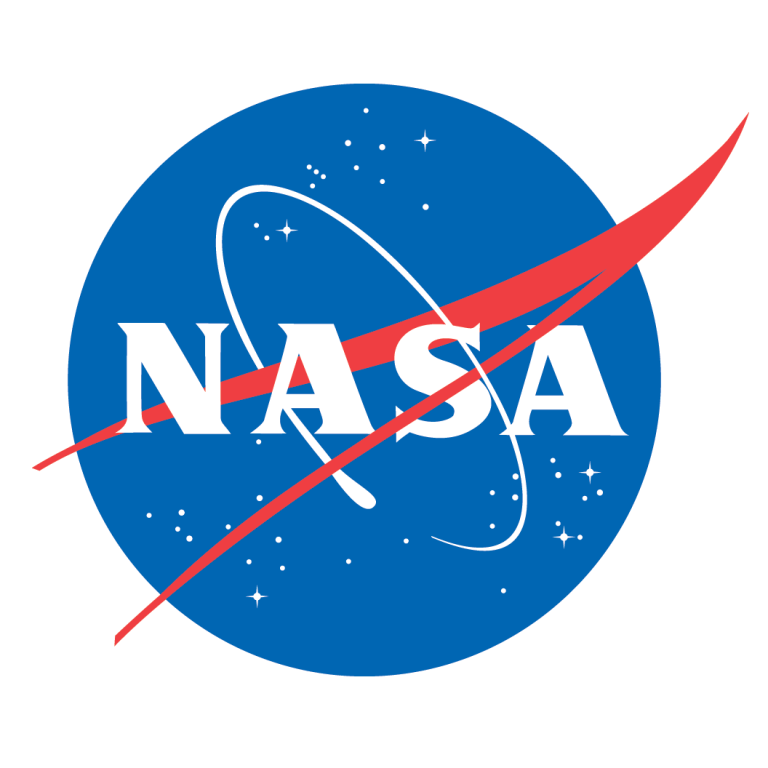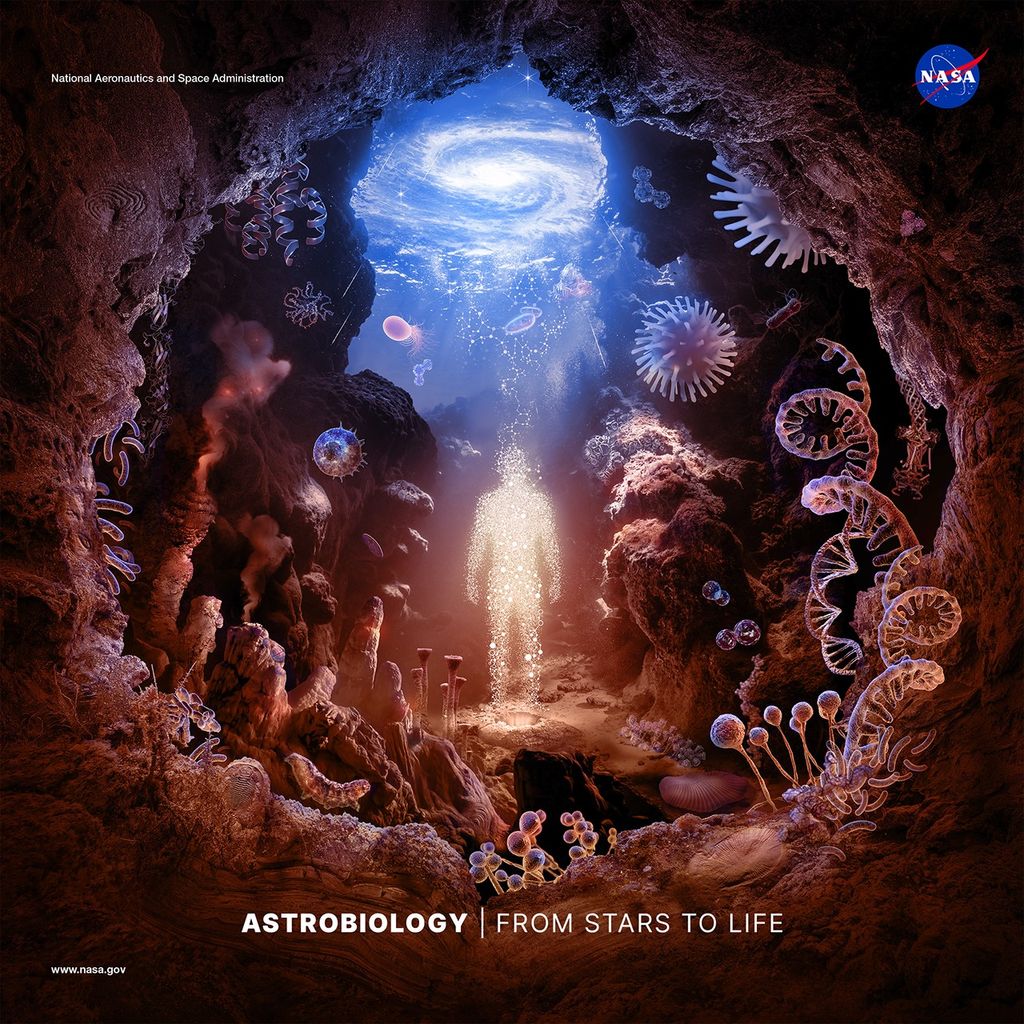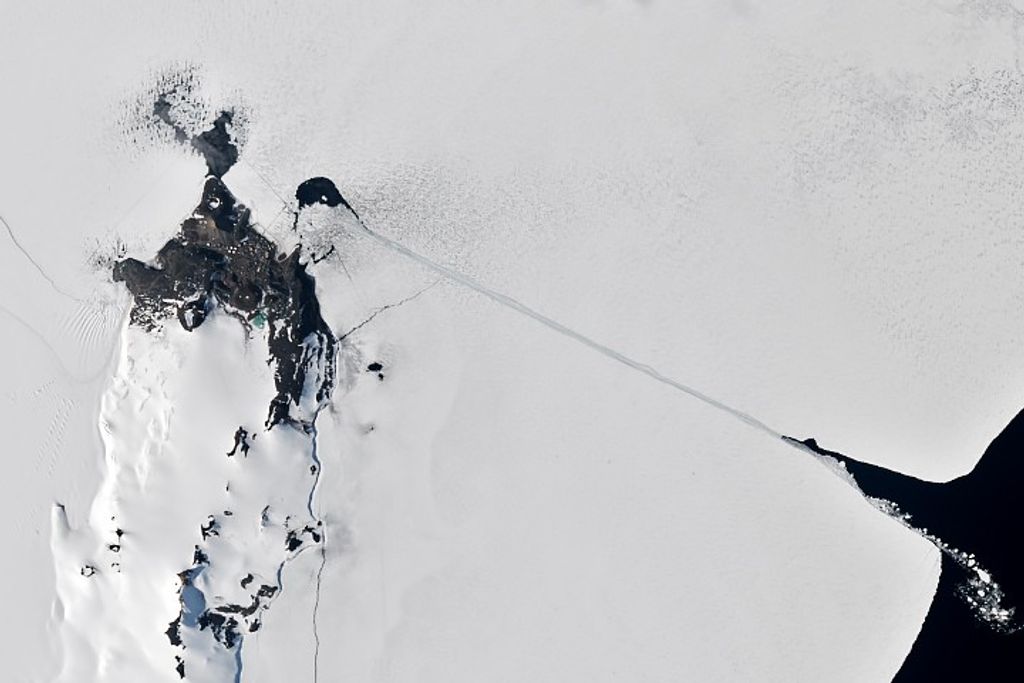
William Toscano
Research Psychologist
Affiliation– NASA Ames Research Center
Division– Human Systems Integration Division (TH)
Email– bill.toscano@nasa.gov
Phone– 650-604-2324 (office), 650-604-3085 (lab), 650-318-8766 (cell)
Mail Stop– N262-4
Professional Bio
Dr. Toscano is a research psychologist who has worked in the Human Systems Integration Division at NASA Ames Research Center since 2001. He received a Ph.D. degree in Psychology from the University of California, San Francisco in 1994. His academic and professional areas of expertise are in Psychophysiology and Human Factors research. Prior to 2001 he was a Senior Research Associate at UCSF who collaborated with NASA scientists and engineers on research whose primary goal was to evaluate the efficacy of physiological countermeasures for mitigating space motion sickness and post-flight orthostatic intolerance; both high priority medical conditions affecting a large percentage of astronauts.
Dr. Toscano also served as coinvestigator on studies flown aboard the US Space Shuttle and Russian MIR Space Station. His current work involves advancing biosensor monitoring capabilities in support of crew health and performance during future NASA exploration missions. In 2015 he served as Principal Investigator on a study conducted with crew in the Human Exploration Research Analog (HERA), a high-fidelity flight analogue at NASA Johnson Spaceflight Canter. He served as the technical lead on an International Agreement with the Canadian Space Agency who collaborated on the work at JSC. Recently, he served as Principal Investigator on another NASA funded study testing prototype wireless biosensors with participants during high physically intense activities like activities astronauts experience in space (e.g., daily aerobic exercise).
Dr. Toscano’s other work involves collaborating with NASA system engineers on the development of requirements for a medical system used to support crew during future lunar surface activities. In addition, he was a coinvestigator on a recent study conducted in the Ames Vertical Motion Simulator evaluating large-scale motion effects on ride quality of passengers during future urban air mobility vehicle flights.
Awards
| (2022) NASA Group Achievement Award, Urban Air Mobility Ride Quality Study |
| (2018) NASA Honor Award, ExMC Medical Data Architecture Team |
| (2015) NASA Honor Award, Outstanding Leadership Medal |
| (2014) NASA Space Flight Awareness Award, Ames Research Center ISS Team |
| (2009) NASA Group Achievement Award, Johnson Space Center (JSC) Mission Operations Directorate (MOD) Internal Task Agreement (ITA) with Ames |
| (2008) NASA Space Act Board Award, Software For Remote Monitoring And Training Of Human Physiological Responses |
| (2004) Acquistion Improvement Award, Ames-Consolidated Information Technology Services (A-CITS) |
| (2001) NASA Tech Brief, A Lightweight Ambulatory Physiological Monitor |
| (2001) NASA Tech Brief, PC Based Physiological Training System |
Publications (2001-Present)
Cowings PS, Toscano WB, Espinosa FE, 2024. Transfer of NASA Technology to the DOD: Mitigating Motion Sickness with Autogenic Feedback Training Exercise, NASA-TP-20240005631.
Adelstein BD, Toscano WB, Espinosa FE, Cowings PS, 2022. Passenger Experience of Simulated Urban Air Mobility Ride Quality: Responses to Large-Scale Motion. 15th IFAC Symposium on Analysis, Design and Evaluation of Human Machine Systems. San Jose, CA September 12-15, 2022. IFAC PapersOnLine, 55-29, 138-143.
Hanson A, Mindock J, Okron S, Hailey M, Bardina J, Stewart H, Toscano W, Winther S, Burba T, Rubin D, Lumpkins S, Urbina M, Cerro J, Reilly J, Abdelmelek M, Rubin A, Kockler M, Lehnhardt K, 2019. A Model-Based Systems Engineering Approach to Exploration Medical System Development. International IEEE Aerospace Conference Paper. Big Sky, Montana; 1-19.
Cowings PS, Toscano WB, Reschke MF, Tsehay A, 2018.Psychophysiological assessment and correction of spatial disorientation during simulated Orion spacecraft re-entry. International Journal of Psychophysiology, Vol. 131; 102-112.
Toscano W, Cowings P, Shaw T, Krihak M, Winther S, Martin A, Sullivan P, Hanson A. 2017. Final Report for HERA Campaign 3 Study: Technology Demonstration of Wearable Biosensor Monitor to Support Autonomous Crew Health and Performance Readiness. NASA Ames Research Center, Document Number 7464.
Cowings P, Toscano W, Kanis D, Saicheur T, Ravikumar A, Gebreyesus F. 2015. Fluid loading effects on temporal profiles of cardiovascular responses to head-down tilt. Aerospace Medicine Human Performance; 86(2): 88 – 96.
Godinez A, Liston DB, Ayzenberg R, Toscano WB, Cowings PS, Stone LS. 2014. G-loading and vibration effects on heart and respiration rates. Aviation Space Environmental Medicine; 85: 1 – 5.
Toscano W. 2013. Psychophysiological studies in extreme environments, Polish Journal of Aviation Medicine and Psychology, 19(4): 19-24.
Acromite M, Davis C, Cowings P, Toscano W. Operational Applications of Autogenic Feedback Training Exercise as a Treatment for Airsickness in the Military. 2011. Proceedings of the International Workshop on the Psychophysiological Aspects of Flight Safety in Aerospace Operations, p29-32, Warsaw, Poland.
Cowings PS, Toscano WB, DeRoshia C, Taylor B, Hines A, Bright A, Dodds A. 2007.
Converging indicators for assessing individual differences in adaptation to extreme environments. Aviation Space Environmental Medicine 78 (5, Supp): pp B195-215.
Cowings PS, Toscano WB, DeRoshia C, Tauson R. 2001. Effects of Command-and-Control Vehicle (C2V) Operational Environment on Soldier Health and Performance. Journal of Human Performance in Extreme Environments. 5(2),66-91.Cowings PS, Keller MA, Folen RA, Toscano WB, Hissert GL, Burge JD. 2001. Autogenic-Feedback Training Exercise improves pilot performance: enhanced functioning under search and rescue flying conditions. International Journal Aviation Psychology, 11, 305–315.

























